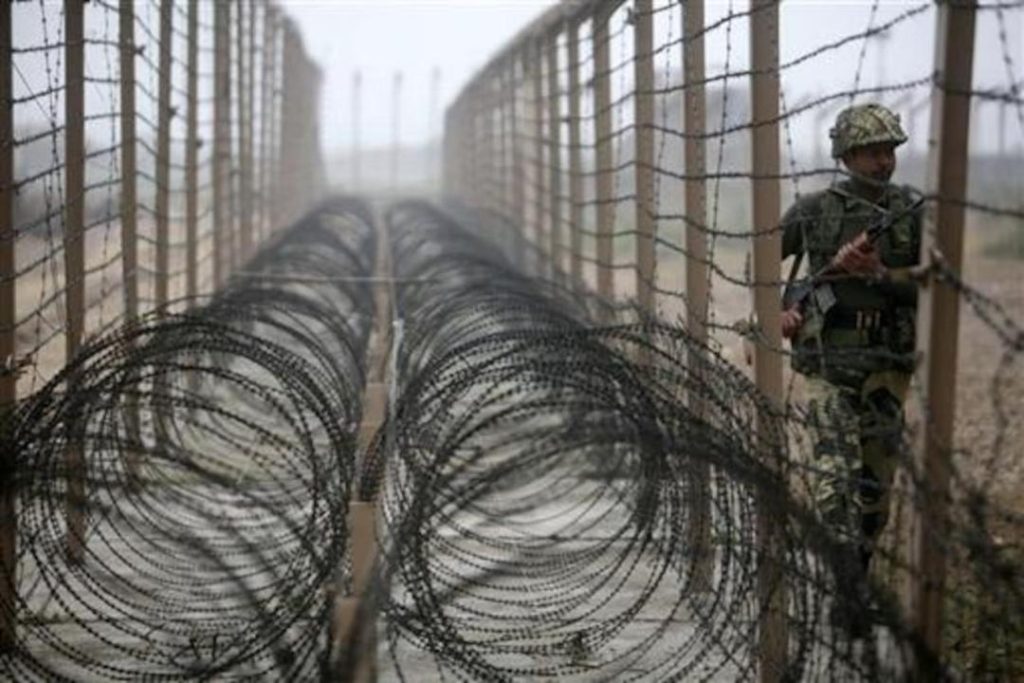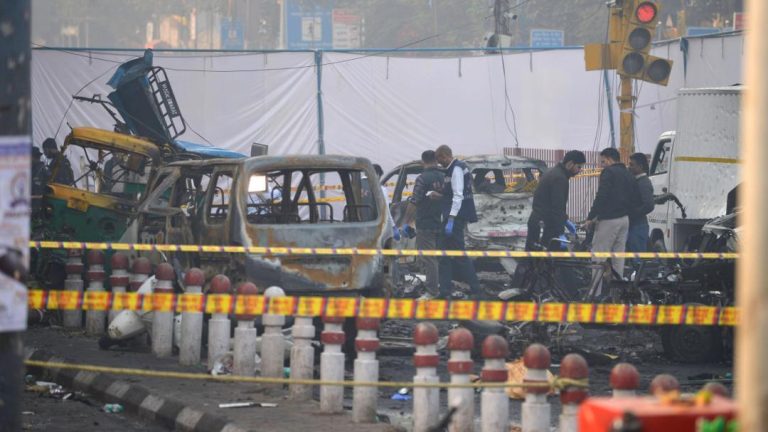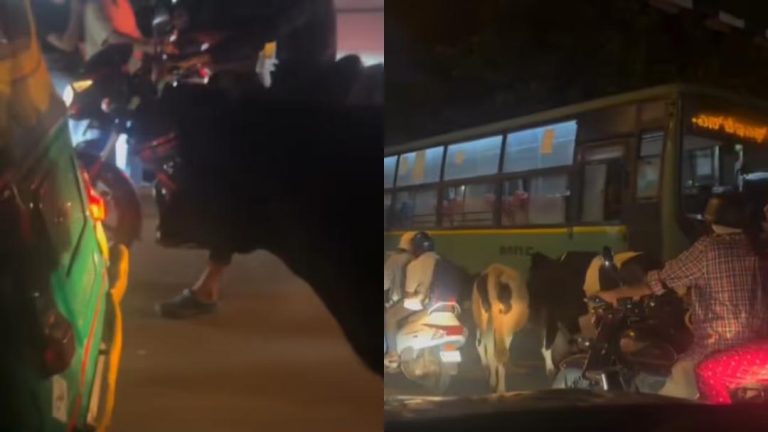
India Stops Major Terrorist Infiltration Bid in J&K Amid Escalating Indo-Pak Tensions
The Border Security Force (BSF) has announced that it has successfully foiled a major infiltration bid by suspected terrorists in Jammu and Kashmir’s Samba district. The attempt was made at around 11:00 pm on Thursday at the International Boundary, amidst escalating tensions between India and Pakistan.
According to sources, the suspected terrorists were attempting to infiltrate into Indian territory from across the border. However, the BSF was vigilant and foiled the attempt, preventing the terrorists from entering the country.
This development comes at a time when India and Pakistan are engaged in a war of words, with both countries trading barbs over various issues, including terrorism and border tensions. The situation has been escalated further after the beheading of an Indian soldier by Pakistani troops across the LoC (Line of Control) earlier this week.
Pakistan had attempted to target military stations in Jammu, Pathankot, and Udhampur earlier on Thursday night, according to Headquarters Integrated Defence Staff (IDS). The IDS had issued a statement saying that the Pakistani Army had initiated unprovoked firing along the LoC in several sectors, including the Poonch and Rajouri districts.
The foiling of the infiltration bid by the BSF is a significant achievement, given the heightened tensions between the two countries. The BSF has been on high alert along the International Border and the LoC, with additional troops and equipment being deployed to bolster security.
The infiltration bid was reportedly made at a time when the BSF was conducting a routine patrol along the International Border in the Samba district. The patrol team noticed suspicious movement across the border and immediately alerted their superiors. The BSF then launched a swift operation to foil the infiltration attempt, preventing the terrorists from entering Indian territory.
The BSF has been instrumental in foiling several infiltration bids in recent months, including a major attempt in April this year. The force has been credited with preventing numerous terrorist attacks and has been praised for its bravery and professionalism.
The recent tensions between India and Pakistan have been fueled by a range of issues, including the Kashmir dispute and the presence of terrorist groups in the region. The two countries have been engaged in a diplomatic war, with both sides trading barbs over each other’s actions.
Pakistan has been accused of supporting terrorist groups operating in India, including the Jaish-e-Mohammed (JeM) and the Lashkar-e-Taiba (LeT). These groups have been responsible for several major terrorist attacks in India, including the 2008 Mumbai attacks and the 2019 Pulwama attack.
India has been demanding that Pakistan take concrete action against these groups and prevent them from operating from its soil. However, Pakistan has been reluctant to do so, citing its own concerns about terrorism and its need to address the Kashmir dispute.
The situation remains volatile, with both countries maintaining a high level of military preparedness along the border. The Indian Army has been deployed along the LoC, while the BSF has been deployed along the International Border.
In a statement, the BSF said that it would continue to remain vigilant and take all necessary steps to prevent terrorist infiltration and maintain the security of the border. The force has also called for increased vigilance from the public, asking them to report any suspicious activity to the authorities.
The foiling of the infiltration bid by the BSF is a significant development in the ongoing tensions between India and Pakistan. It highlights the importance of the BSF in maintaining the security of the border and preventing terrorist attacks.
The situation remains fluid, with both countries engaged in a war of words. However, the foiling of the infiltration bid by the BSF is a significant achievement and a testament to the bravery and professionalism of the Indian security forces.
News Source:






